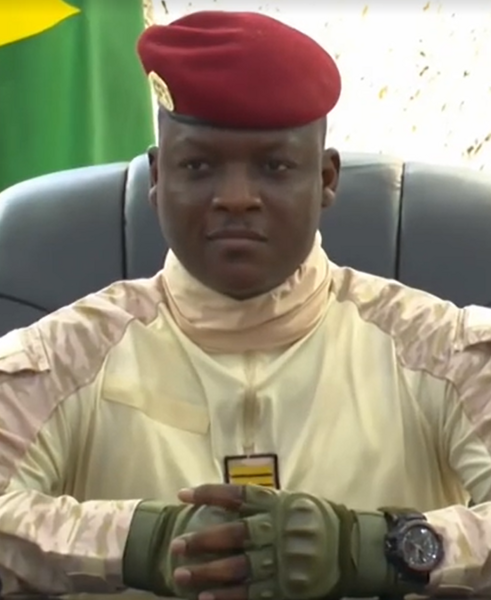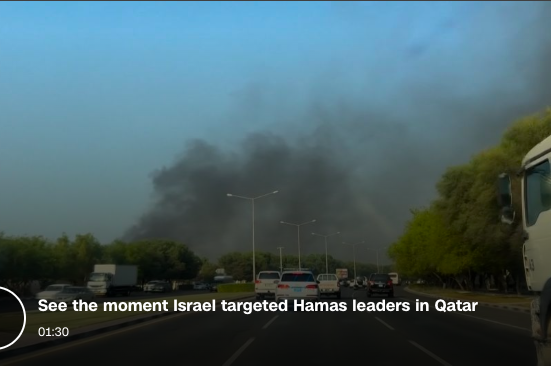Burkina Faso President Ibrahim Traoré has sparked global debate with his assertion that no country has achieved significant development under democracy. Speaking in the wake of his government’s ongoing transition from military rule, Traoré emphasized the limitations of Western-style democracy in addressing the unique challenges faced by African nations. His remarks come amid heightened scrutiny of Burkina Faso’s governance following successive coups in 2022 and its current autocratic regime.
Traoré argued that democracy, as practiced in many African states, often serves as a tool for external control rather than genuine self-determination. He described it as a “trap” that perpetuates corruption and instability through the rotation of elites who fail to address pressing issues such as poverty, insecurity, and inequality. Burkina Faso’s recent history underscores these concerns, with its democratic experiments marred by weak governance, insurgency, and widespread corruption under previous administrations.
The president’s statement reflects broader frustrations across the Sahel region, where countries like Mali and Niger have also rejected traditional democratic frameworks in favor of military-led governance. Traoré highlighted Burkina Faso’s efforts to forge a new path through the Alliance of Sahel States a coalition aimed at fostering regional security and development without reliance on Western powers. He criticized international organizations like ECOWAS and the United Nations for their perceived ineffectiveness, calling for African-led solutions to continental challenges.
Despite his critique of democracy, Traoré affirmed Burkina Faso’s commitment to improving governance under its transitional framework. His administration has outlined priorities including combating terrorism, restoring territorial integrity, addressing humanitarian crises, and promoting social cohesion. However, critics argue that the absence of democratic checks and balances could entrench authoritarianism and undermine long-term stability.
Traoré’s remarks have reignited debates about the viability of democracy in Africa, with some viewing his stance as a pragmatic response to decades of failed governance models while others see it as a dangerous rejection of democratic ideals. As Burkina Faso navigates its transition, the international community remains divided on how best to support its quest for stability and development.


